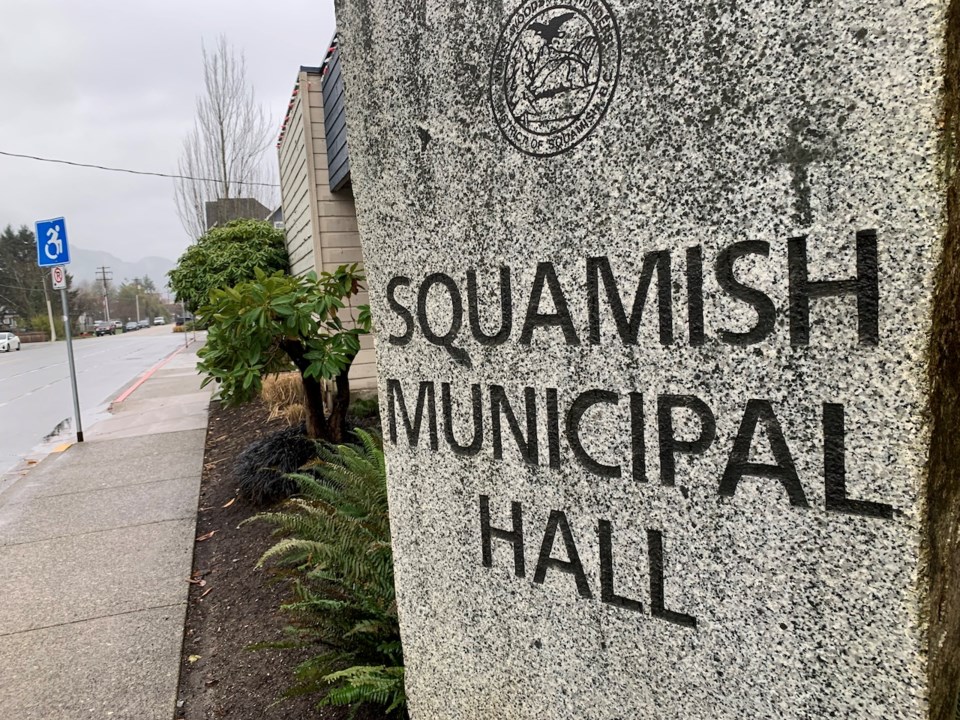What’s going on around the council table these days? It’s very early in the term, but some tentative answers to that question were forthcoming in an email request sent out to all council members, four of whom responded.
Second-term councillor Jenna Stoner said that generally, as a team, council members are still finding their way around the table.
She is looking forward to seeing what shared priorities emerge from the council’s strategic planning over the coming weeks.
She gets the sense that there is a strong commitment from everyone “to pull up their socks and get the work done.”
She said, along with the other four returning members, she is ready to share her perspectives, while also keeping an open mind to learning as the group progresses through orientation for a second time.
Returning councillor Chris Pettingill said there had not been any real surprises so far, but he figures he won’t be totally settled into the new council until strategic planning has been completed.
He highlighted the work council did last term on the Code of Conduct and having the budget year-end align with the actual year-end.
He hopes council will arrive at a clear and concise strategic plan, similar to the previous session, that can serve to unify the group, even through points of disagreement.
Aside from the actual document, he said the time spent doing the planning would allow council members to get to know each other and find ways to work together effectively.
Rookie councillor and Quest University physics prof Andrew Hamilton said becoming a new councillor “feels like trying to jump onto a moving train.”
He figures the long list of ongoing District projects and initiatives is not about to stop and wait for him to catch up.
To make a meaningful contribution, he believes he needs to get up to speed as quickly as he can.
He noted that District staff have done what he calls “an amazing job” to supply new councillors with information about ongoing and pending projects.
He said that process is time-consuming because every project and issue has an element of nuance.
On another note, before getting elected, he underestimated the scope of local media coverage of municipal affairs; in particular, he miscalculated the sense of accountability that seeing his words in print would generate.
“Independent and unbiased local media coverage of both the decisions council makes and the community’s reaction to those decisions is an intrinsic part of what makes our democracy function,” he said.
John French is in his second term as a councillor, and he said. “With five returning councillors and two strong newcomers, the future of Squamish has never been brighter for me,” he said.
He believes the most important characteristic of any municipal council is respect. To that end, he says the previous council brought the respect bar to new heights, and so far, at this early stage, this group is taking it to the next level.
As a former reporter for The –°¿∂ ”∆µ, he covered council meetings for decades, and he saw how disrespectful council bodies could quickly become. “Dysfunction at the top leads to frustration amongst the staff and taxpayer apathy.”
Specifically, he says the members of this new council are open-minded to opinions that don’t match their own.
Of note for him is the working relationship between the senior District of Squamish staff team and council.
“I believe there’s an excellent connection between the two, and that makes space for an empowered workforce. That relationship is particularly important at a time when so many issues require critical local attention as higher levels of government continue to download costs and responsibilities to local government,” he said.
All things considered, at this very early juncture, the foregoing responses from council members are introductory observations.
More specific and detailed perspectives will no doubt be forthcoming as this session hits full stride.
Helmut Manzl is a long-time Squamish resident and political commentator.






